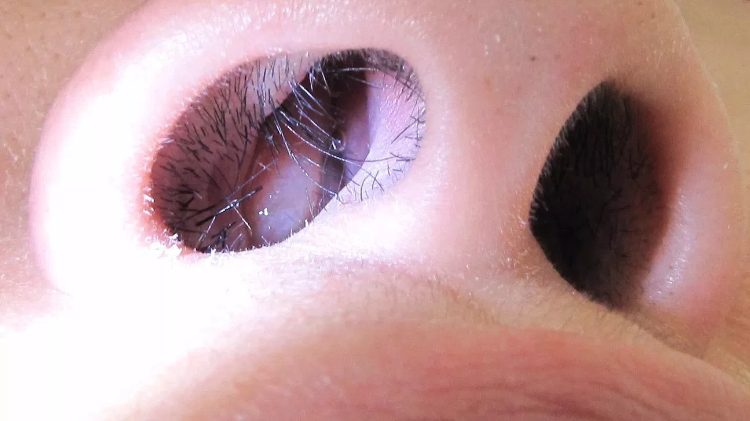Is There Any Way to Treat Nasal Polyps ?

Nasal polyposis is a chronic inflammatory disease ofthe nasal mucosa with inflammatory cells, infiltration,especially eosinophil, and structural modifications ofthe epithelium (secretory hyperplasia and squamousmetaplasia) and lamina propria ( basement meme-brane thickening, extracellular matrix accumulationand fibrosis). Although the pathophysiology of nasal polyps is not clearly known, new hypothesis on the formation of nasal polyps is classified nasal polyps as softtissue masses of edematous (60%), glandular-cystic(27%) and fibrous (13%) types, which exhibit intactepithelium on the surface with massive edema fluid,and pseudocyst formation in the deeper layers. Polyp tissue seems to be significantly denervated, and it is postulated that the open endothelial junctions of venules might be responsible for the vascular leakage. However, the pathophysiological mechanisms of the formation and growth of nasal polyps remain poorly understood. Remodeling in nasal polyps is discusse...


